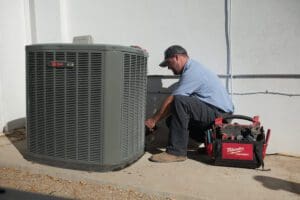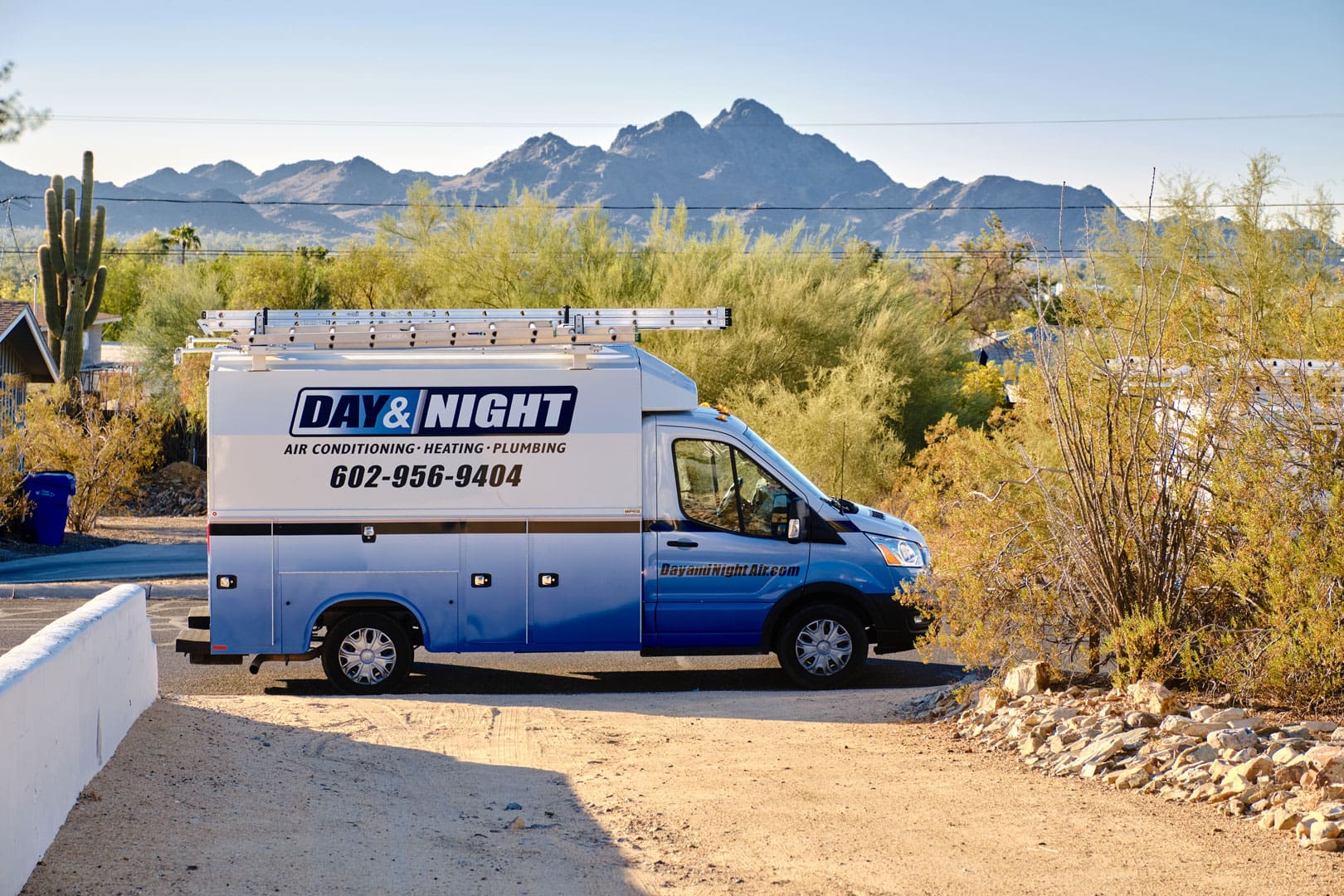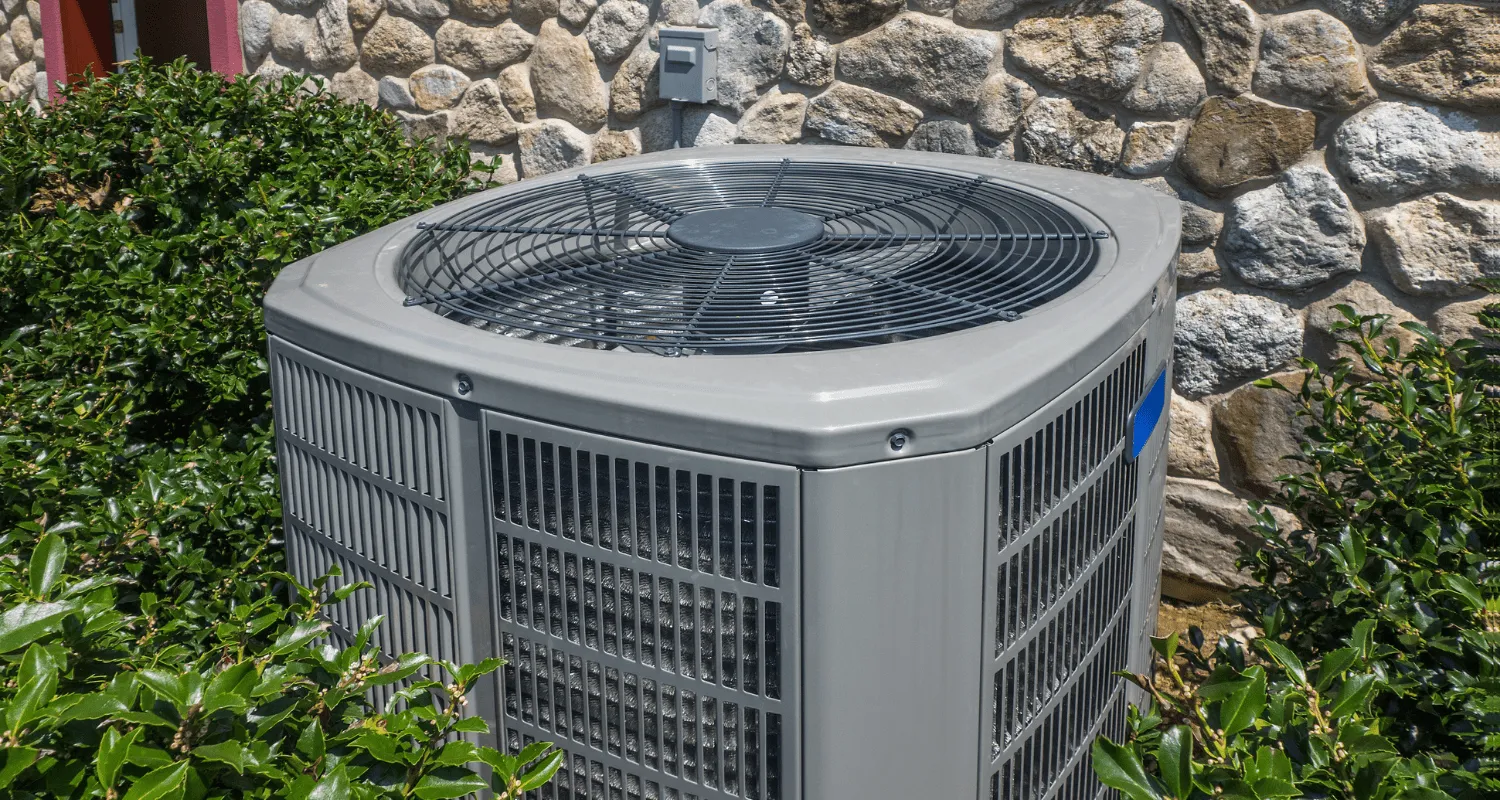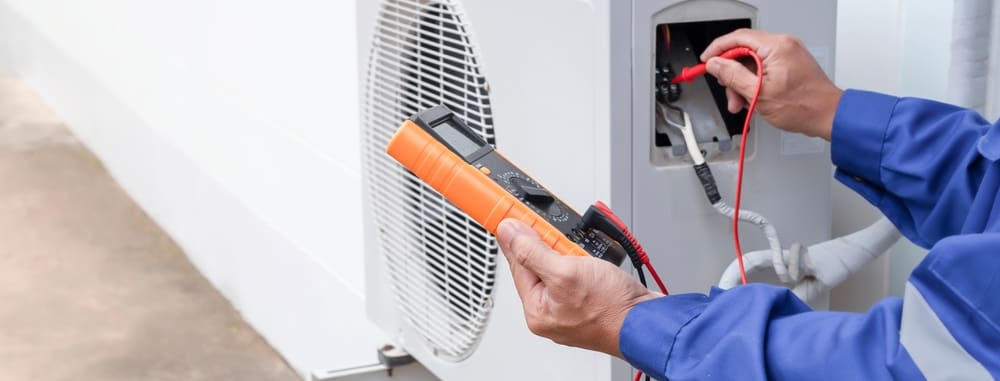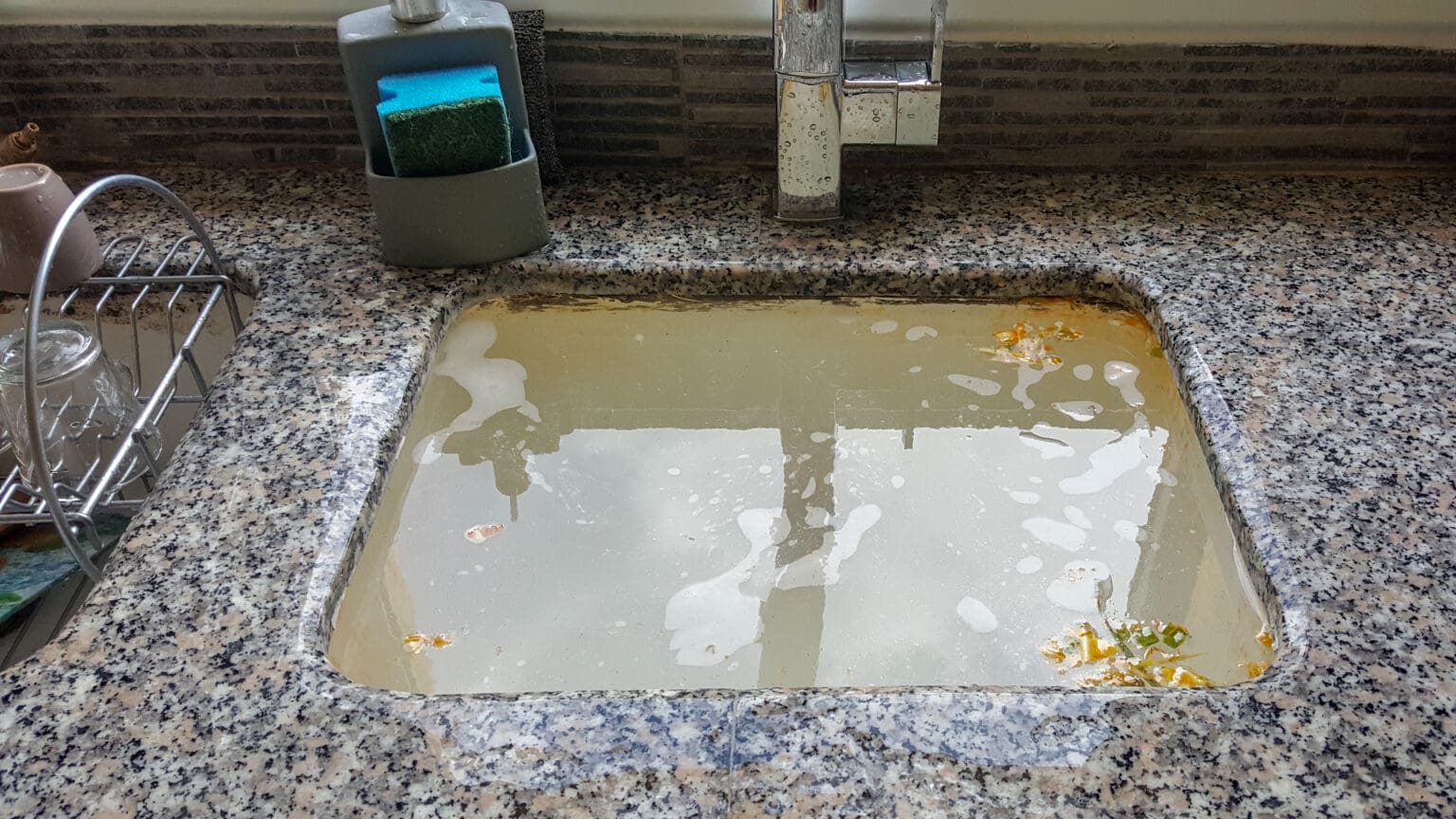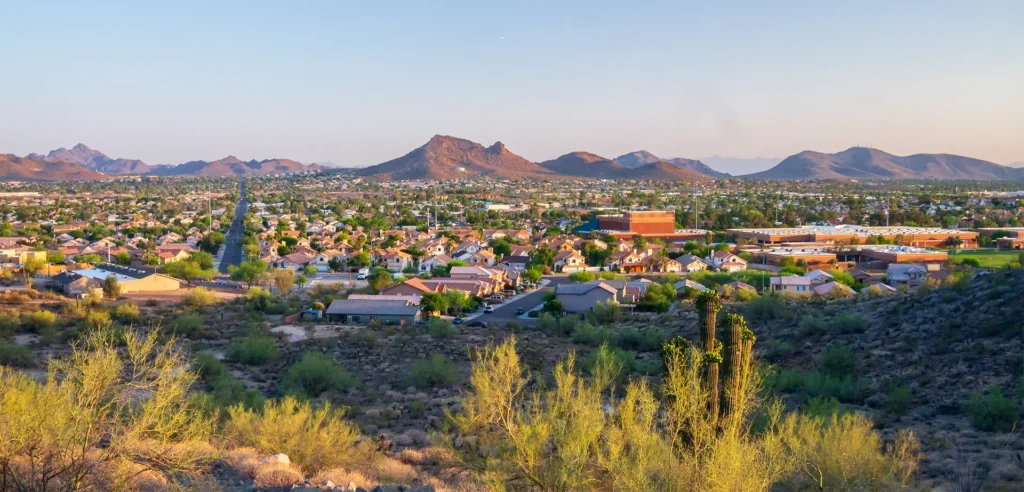On a hot summer day here in Maricopa County, it’s hard to say it without letting the desperation creep into your voice: “my A/C isn’t cooling my home.” This is one of the most common types of phone calls and online service requests we get, and it’s easy to understand why it’s so stressful. While temperatures rise well above 100°F here in the Phoenix area, we count on our air conditioners to keep our homes comfortable (and even livable).
Hot homes are miserable, and the discomfort is only part of the problem. Exposure to that kind of heat can make it impossible to go about your daily life – simple tasks like working from home and cooking over a hot stove are suddenly out of the question. It’s also dangerous for your family, your pets, and even some of your belongings to be at such temperatures for too long.
Air Conditioner Not Cooling Home: Causes
There is little time to waste when you notice that your air conditioner isn’t cooling your home. On the hottest days of the year, you only have a short window until the heat becomes unbearable. It’s important to get to the bottom of the issue quickly so you can determine if there’s anything you can do yourself or if you have to call a professional. With that in mind, here are some of the most common reasons your air conditioner isn’t cooling the home.
Low Refrigerant or A/C Refrigerant Leak
If your air conditioner is on but not cooling the home, the refrigerant level is one of the first things to check. Refrigerant is the critical chemical that powers the heat transfer, soaking up warmth from your home and bringing it outside. When the level gets too low (often because your system has developed a leak), you might notice one of the following problems:
- A hissing or bubbling noise is coming from your A/C as refrigerant escapes
- You have freezing in your air conditioner or refrigerant lines
- The energy bills are rising
- You notice your A/C blowing warm air
Leaking refrigerant will prevent your air conditioner from doing its job, and refrigerant is also toxic. Small leaks normally don’t pose health risks, but large refrigerant levels in the home are dangerous. Either way, you’ll want to get this checked out before your house becomes a sauna or your utility bills go through the roof.
Frozen A/C
When you notice air conditioner problems, it’s only natural to take a look at your unit. You might see some sort of ice buildup or frozen pipes, which is a sure sign of a problem. Turn the system off, and plan on leaving it off for at least a couple of hours so everything can thaw out. This is obviously less than ideal on a hot day, but it’s necessary because the system won’t work until it has thawed out. If your filter is dirty, that may be the root of the problem. Otherwise, it’s time to call in a professional.
Failing Condensate Switch
The float switch is responsible for turning the unit off when the drain pan gets clogged and fills with water. If the switch fails, you may notice any of the following:
- A/C runs continuously
- Air conditioner develops algae or mildew
- A/C leaking
Any of these problems are severe enough to warrant professional attention. Make a maintenance call and make sure the HVAC contractor checks the condensate airflow switch.
A/C Drain Clog
New air conditioners have sensors built into them to let you know when the drain is clogged because this issue is fairly common. Older units don’t have that kind of technology, though, so you might not get any kind of feedback about a clogged drain until the problem gets serious enough to impact performance. Check the drain pan right away if you notice that your air conditioner isn’t blowing cold air. As a form of preventative maintenance, it’s even a good idea to check on the drain pan every time you replace the filter.
You may be able to unclog the drain pipe yourself if you notice that water is backing up. Only give it a shot if you can see the problem and you feel confident. Otherwise, call a professional HVAC contractor to make sure you don’t damage your equipment while you’re trying to help. If you do try to do something about this by yourself, make sure to turn the unit off first and exercise great care. If you have regular clogs, get an A/C tuneup or regular maintenance to ensure there isn’t a deeper issue.
Defective Air Conditioner Thermostat
When it comes to things you can investigate without the help of a professional, this is one of your best bets. The first step is always to check the thermostat. You have an easy fix if you find that the thermostat has been readjusted to a warmer temperature. This particular problem is common in homes with teenagers or young kids who like to play with the settings.
If the air conditioner is set properly, the issue might be that it isn’t communicating the temperature to the rest of the unit as it should be. As a last line of defense, make sure the thermostat itself is at a temperature that accurately reflects the area around it. There is a thermometer in the thermostat that gauges the temperature of the home. If the area around your thermostat is cooler than the rest of the home, your system will think that the entire home is that temperature.
If the thermostat is set correctly and isn’t in a cold zone for any reason, it could just be malfunctioning. Check to see if your breaker has been tripped or the unit has lost power. At this point, you need to call an air conditioning professional or someone else who is qualified to work with electrical parts safely.
Electrical Problems in A/C
The potential power issues don’t end with your thermostat. There’s a good deal of wiring that handles the power and signal transfer of your A/C system, and any part of it could cause the system to fail if it goes bad. Only an electrician or an HVAC contractor is qualified to handle these types of problems, so there’s no DIY solution. Call an air conditioning professional right away.
Get Your A/C Cooling with HVAC Repair in Phoenix
Day & Night Air Conditioning, Heating, and Plumbing is your full-service air conditioning company in Phoenix. We know what it takes to keep homes comfortable in Phoenix, Chandler, Gilbert, Glendale, Scottsdale, Tempe, and all of the surrounding areas. Call us at the first sign of trouble, and we’ll respond quickly to get your home comfortable again as quickly as possible. Schedule online at your convenience.
Image Source: Andrey_Popov / Shutterstock

